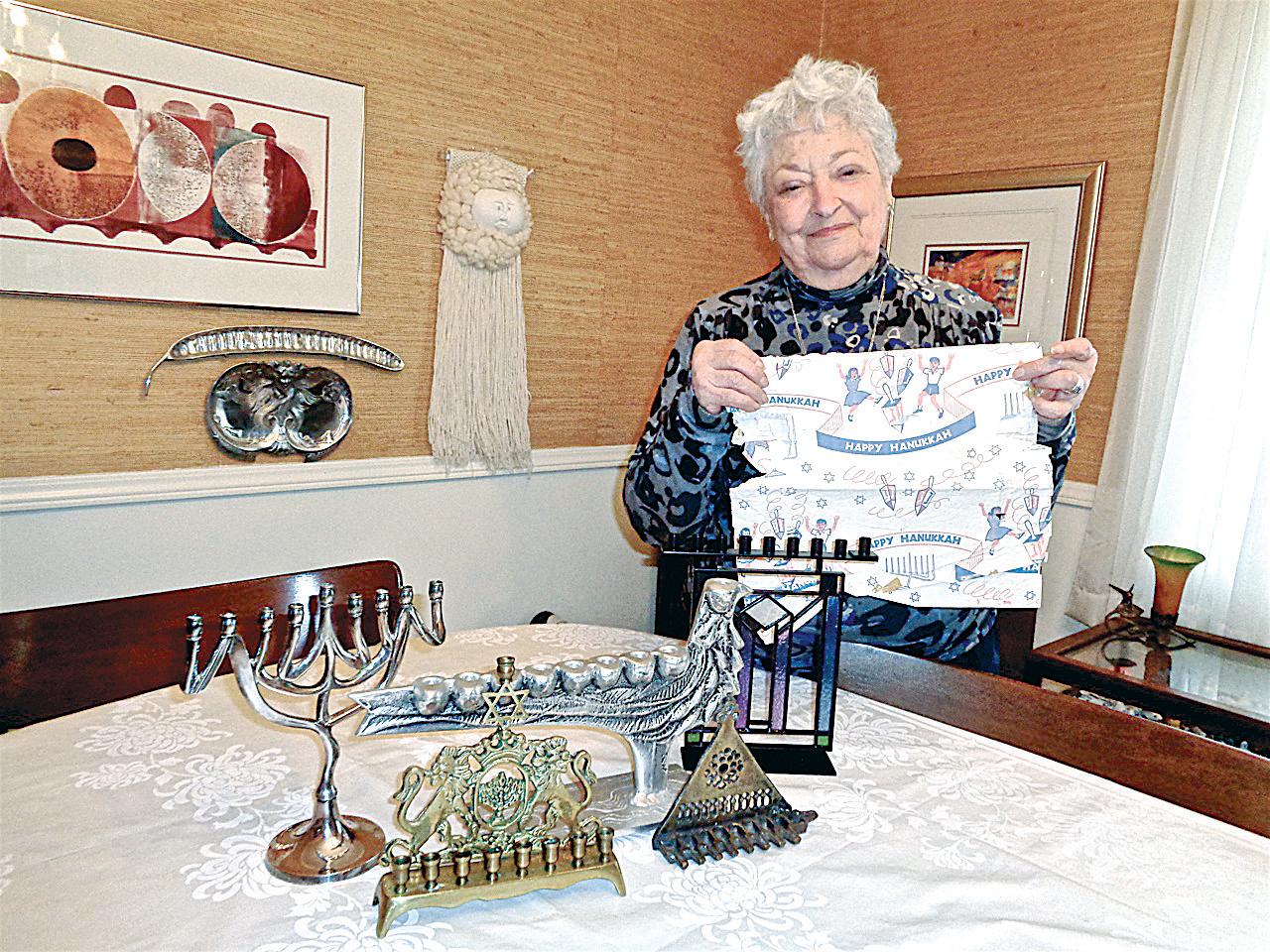
5 minute read
family Holiday Traditions
By Judi Kanne
As the end of the year approaches, most people enjoy the holidays with family, friends and food. The season includes several religious and cultural celebrations — menorah lightings, Christmas services, Kwanzaa gatherings — as well as special concerts, shows, decorations and festivities throughout Atlanta.
Families collect traditions as the years pass. Some of those traditions represent lifelong values that are handed down through generations, and others are simple things that families enjoy together.
A Hanukkah with Latkes and Wrapping Paper
Latkes are essential in celebrating Hanukkah at Irving and Ann Schoenberg’s home in Dunwoody.
“The boys make our latkes,” said Ann Schoenberg. She’s been married to Irv for 61 years, and the couple have lived in Dunwoody since 1973.
Of course, their “boys” are now grown men. Two of their three sons are lawyers and live in the Atlanta area. The third, a physician, lives in the Midwest.
“Jeff is the primary latke maker,” Schoenberg said. “David is more apt to make a mess!”
Latkes are potato pancakes, and have come to be an important part of the traditional Hanukkah celebration for many Jewish families. Potato pancakes are also found in German and Austrian homes, and are often sold at Christmas markets, where they’re coated with powdered sugar or applesauce. Depending on ancestry, the pancake recipes may include cheese—an Italian ricotta-type cheese—or diced onion mixed in the batter.
The Schoenbergs top theirs with applesauce and sour cream. Once everyone has had their fill, the family heads to the living room where a pile of gifts waits to be opened. “Traditionally, we take turns opening them,” said Schoenberg.
Most Hanukkah gifts are little or gag gifts, such as a pair of socks, a bottle of hot sauce, a can of chili, an executive play toy or even a silly game. Schoenberg said that years ago, she “actually took the time to wrap everything individually in some odd fashion, which disguised what the item was.”
For example, the gifts might be inside toilet paper or paper towel rolls. She said she would use several differently sized boxes inside each other or put something in a glass jar.
Now she says she no long bothers with all the wrapping. But David always gets dried apricots, which may not be a true Hanukkah tradition, she said, and everyone gets new underwear.
She does, however, use one piece of wrapping paper, which she’s used every year since the boys were young. “A different person gets it every Hanukkah,” Schoenberg said. It has gotten smaller and smaller over time, as she cuts the old torn edges and tape off year after year.
That one piece of paper must be almost 50 years old, she says, but it brings back many happy memories.
The Seven Principles of Kwanzaa
Kwanzaa traditions are focused on African holidays, not on any one religion. In fact, the name is derived from the term for “first fruits” in Swahili, one of the more widely spoken African languages.
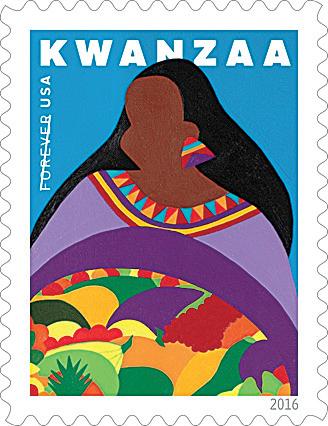
Although the Kwanzaa holiday, created in 1966, is deeply rooted in African culture, people from all racial and ethnic backgrounds may join in the annual celebration from December 26 through January 1.
Georgia State University associate professor Akinyele Umoja, who chairs the school’s Department of AfricanAmerican Studies, said he attended his first Kwanzaa celebration in 1972. “Actually, I didn’t know much about Kwanzaa until high school graduation,” he said. “The holiday really accelerated for me when I married.”
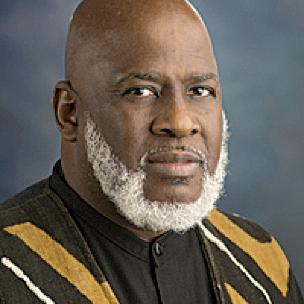
One of his wife’s brothers would have something almost every evening at his home. Eventually he and his wife started their own celebration of family, community and culture.
“I think it was important for me as a parent to celebrate the holiday because of the values expressed in Kwanzaa,” Umoja said. “It allowed me to use that time to share those values with my children and to reinforce those values with them.”
Each of the seven days of Kwanzaa represents a different tenet of the Nguzo Saba, or seven principles. Each principle is represented by the lighting of a candle.
Umoja is the first day of Kwanzaa and it means unity. The professor self-selected the word for his name.
The other days celebrate Kujichagulia (self-determination), Ujima (collective work and responsibility), Ujamaa (cooperative economics), Nia (purpose), Kuumba (creativity) and Imani (faith). A candle is lighted each day.
“My parents met at Howard University,” said Jemima Peddie, an Atlanta resident who celebrates Kwanzaa with her own family every year. “My father followed the
Rastafarianism beliefs and my mother was raised Catholic before they came to the U.S. Once my parents united, the teachings of Kwanzaa became important to their way of life.
“Every year, I have to explain to many friends and colleagues that Kwanzaa is not a religious holiday. It’s a way for African-Americans—and all people—to build self-respect and follow the principles and values of how to live one’s life.
A Christmas Pickle of Their Own
How Atlanta resident Susan Walsh became acquainted with the tradition of the Christmas Pickle is a story in itself.
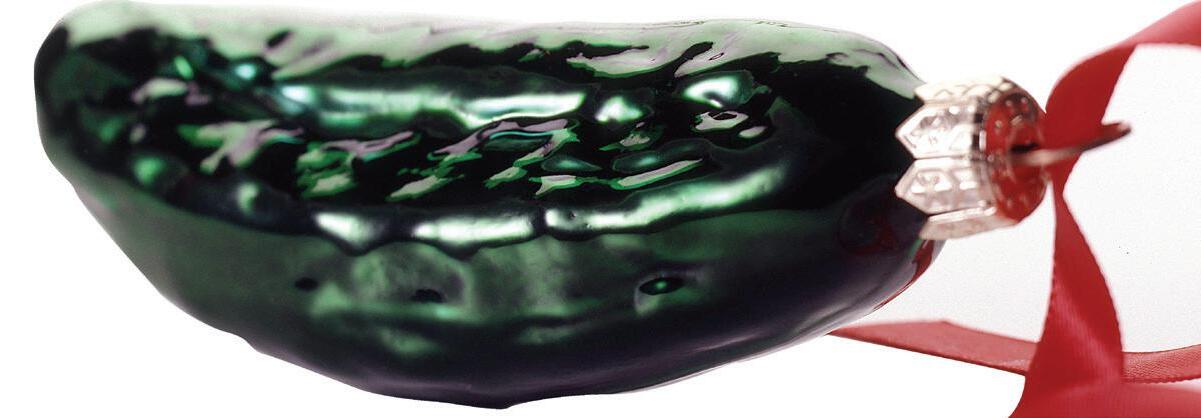
It began when she and her husband Bob married. She was a Catholic while he was a Lutheran. “Since the Lutheran religion was very important to my husband, I converted so we could have one religion in our family,” she said.
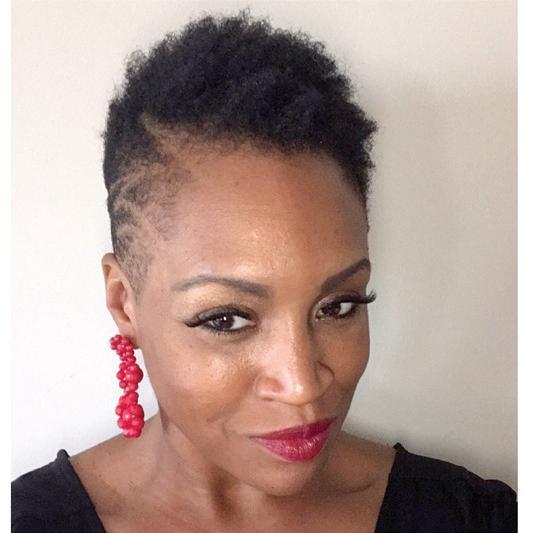
Soon they realized that their holiday traditions were quite different.
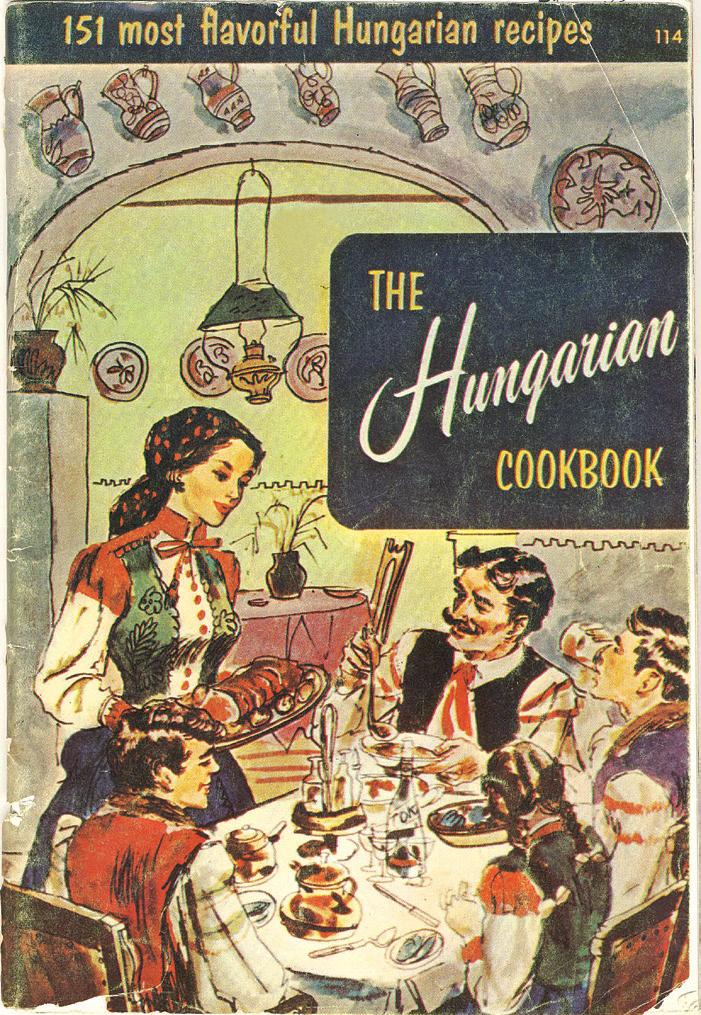
When Walsh was a child, her family went to bed early on Christmas Eve. The kids crept down in the pre-dawn hours by themselves and opened the presents in the light of the Christmas tree. “That’s one of my most favorite memories,” she said.
It was different with her husband’s family. She explained, “They were churchgoers and they would go to midnight Christmas Eve service, sing carols, come back to their home and open presents on Christmas Eve.” Although, she says, it was after midnight and technically those presents were opened on Christmas Day, as well.
It was fine while they were dating, Walsh explains, but once there were Walsh children, she wanted something special to the family that didn’t take away from either of their customs. They’d already compromised and opened one gift on Christmas Eve, and saved some for the next morning.
“I was living in Georgia and read a story about a Christmas pickle ornament,” she said. According to the holiday tradition, the first child to find the ornament, hidden among the Christmas tree branches, will have good luck throughout the new year, and may also receive a special gift.
The story inspired Walsh. She immediately ordered two glass pickles from a catalog, and to this day, although the children are grown and live in New York, those same glass pickles hang on a Walsh tree every year.
After 42 years of marriage, Walsh says, “No one else in the family does this, and they probably think it’s a little strange, but it works for us.”
A Cold Shoulder for Frosty
By Joe Earle
A family’s holiday traditions can grow from the oddest seeds. A kid says something funny at Christmas breakfast that then must be repeated at every subsequent Christmas breakfast until he or she reaches retirement. A banana hung on a young couple’s first holiday tree petrifies and then must reappear on the family’s holiday trees for years. A decoration Grandma bought on impulse at Woolworths becomes a display










